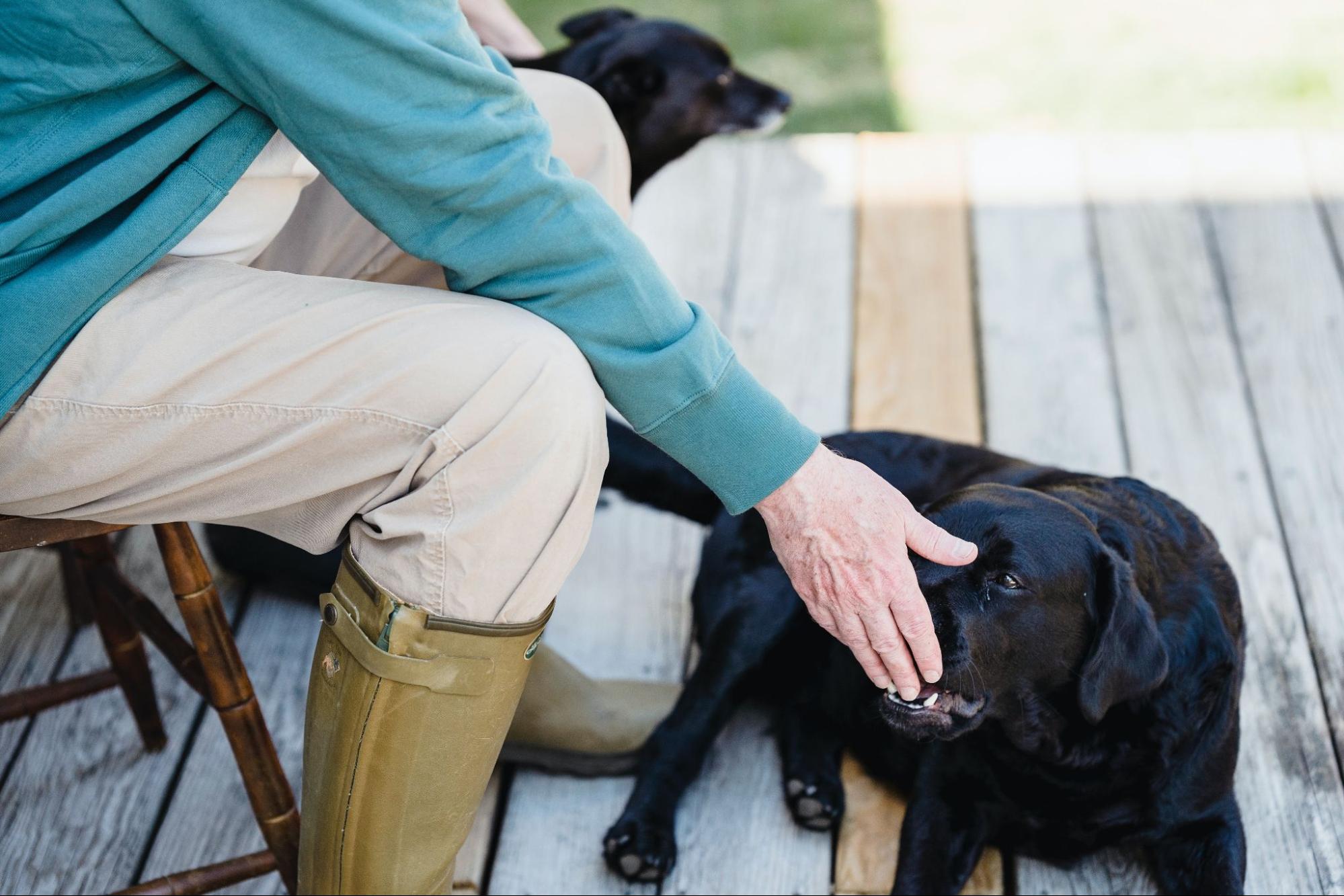How to Stop Reactive Dog
Labradors are known for their friendly and sociable nature, but what happens when a Labrador becomes reactive? Understanding the causes of reactivity in Labradors is crucial to addressing this behavior and helping your furry friend become a well-adjusted and happy companion. In this article, I’ll explore the factors that can contribute to reactivity in Labradors and provide practical tips on how to stop reactive behavior in dogs.
Reactivity in Labradors can stem from various sources, including genetics, lack of socialization, fear or anxiety, past traumas, or even medical conditions. Some Labradors may have a genetic predisposition to react aggressively or anxiously in certain situations. Others may develop reactivity due to insufficient exposure to different environments, people, animals, or experiences during their critical socialization period.
Fear and anxiety also play a significant role in reactive behavior. A Labrador that has had negative encounters or traumatic experiences may exhibit defensive reactions when faced with similar situations. Additionally, underlying medical issues such as pain or discomfort can manifest as reactive behavior.
To stop reactive behavior in Labradors effectively, it’s important to address the root causes. Professional training and behavioral modification techniques can help desensitize your dog to triggers that cause reactivity. Providing positive reinforcement for calm and relaxed behaviors is essential for teaching alternative responses.
In conclusion, understanding the causes of reactivity in Labradors is key to addressing this issue effectively. By identifying genetic factors, providing proper socialization from an early age, addressing fear or anxiety through positive reinforcement training methods, and ruling out any underlying medical conditions with the help of a veterinarian, you can work towards stopping reactive behavior and building a trusting relationship with your Labrador.
Understanding Labrador Reactivity
Labrador Retrievers are known for their friendly and outgoing nature, but some individuals may exhibit reactive behavior. Understanding the causes of reactivity in Labradors is crucial to addressing and managing this issue effectively. In this section, we’ll delve into common triggers, signs and symptoms, as well as the root causes of Labrador reactivity.
Common Triggers for Labrador Reactivity
Labradors can display reactive behavior in response to specific stimuli or situations. Here are some common triggers that may provoke a reactive response:
- Strangers: Labradors may become reactive when encountering unfamiliar people.
- Other Dogs: Interactions with other dogs, especially if they’re dominant or confrontational, can trigger reactivity in Labradors.
- Loud Noises: Sudden loud noises like fireworks or thunderstorms can startle Labradors and lead to reactive behavior.
- Territoriality: Labradors may exhibit territorial aggression when they feel their space is being invaded by humans or other animals.
Understanding these triggers allows us to anticipate potential situations that might cause reactivity in our Labs and take appropriate preventive measures.
Signs and Symptoms of Reactive Behavior in Labradors
Identifying the signs of reactive behavior is essential for early intervention and training. Here are some common signs that indicate a Labrador might be experiencing reactivity:
- Barking excessively
- Growling or snarling
- Lunging towards the trigger
- Raised hackles
- Stiff body posture
- Dilated pupils
If you notice any of these behaviors consistently during certain situations or around specific triggers, it’s important to address them promptly through proper training techniques.
Understanding the Root Causes of Labrador Reactivity
Reactive behavior in Labradors can stem from various underlying factors. It’s essential to understand these root causes to effectively address reactivity issues:
- Fear or Anxiety: Labradors may react defensively when they feel scared or anxious in certain situations.
- Lack of Socialization: Insufficient exposure to different environments, people, and animals during their critical socialization period can lead to reactivity later on.
- Past Traumatic Experiences: Negative experiences such as previous attacks or abuse can cause lasting fear and trigger reactive behavior in Labradors.
By identifying the root causes of reactivity, we can tailor our training approaches and provide the necessary support to help our Labradors overcome their reactive tendencies.
Understanding Labrador reactivity is the first step towards addressing this challenging behavior. By recognizing common triggers, signs and symptoms, and delving into the underlying causes, we are better equipped to implement effective strategies for managing reactive behavior in our beloved Labradors. Remember that seeking professional guidance from a certified dog trainer or behaviorist is always beneficial when dealing with severe cases of reactivity.

Genetic Factors and Reactivity
Genetic Factors in Labrador Reactivity
When it comes to understanding the causes of reactivity in Labradors, genetic factors play a significant role. These factors can influence a dog’s temperament, behavior, and their predisposition for reactive behavior. While not all Labradors will display reactivity, certain genetic traits may make them more prone to this behavior.
Labrador Retrievers are known for their friendly and outgoing nature, but some individuals may exhibit reactive tendencies due to their genetic makeup. Reactive behavior can manifest as fearfulness, aggression, or hyperarousal in response to specific stimuli or situations. This can include barking at strangers, lunging at other dogs while on walks, or displaying signs of anxiety when faced with new environments.